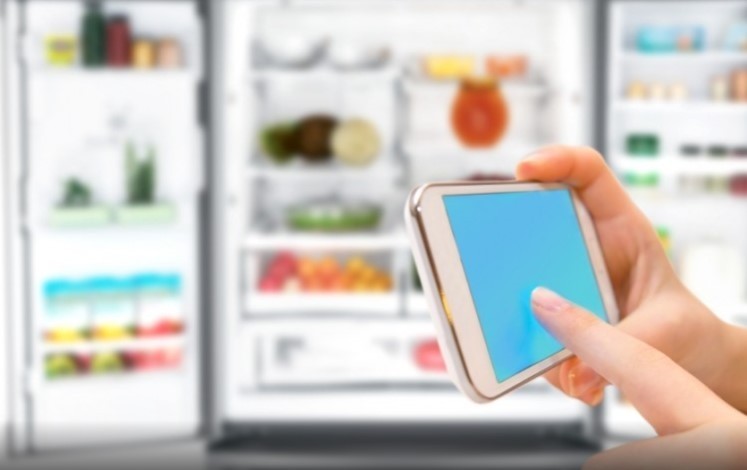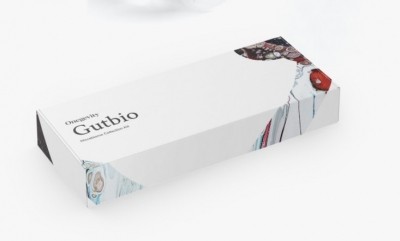Enhanced AI platform generates personalised nutrition insights

The AI platform will provide a comprehensive insight into individual dietary and health requirements and significantly improve the quality and impact of advice from dietitians and healthcare professionals. Data may also be applied to new product development for personalised nutrition.
Researcher & Project Leader at Food Informatics, Lorijn van Rooijen, commented: “We see that it is useful to make the food health relations available in a machine-readable structure so not only people but also software can use it in all kinds of applications to give personalised food advice as an addition to professionals.”
The Dutch researchers have already developed a platform for personalised dietary advice but plan to improve and expand software features after the completion of a new DietBot research project that will investigate possible activities to build on previous work.
The team is seeking five to six food and software companies from nutrition and healthcare industries to join the advisory board and provide advice and guidance on research activity. In return, participants will be among the first to receive project results.
Modular format
The DietBot project will investigate ways to combine an individual’s data with personalised services already available on the platform in order to generate “customised replacers for food products in a person’s diet”.
The team will use modular methods and add features to increase the accuracy of data collected and improve the quality of the generated advice.
Of specific focus, will be developing a system to make registering food intake data user-friendly and enable the AI platform to read receipts, calculate food intake, and use the information to customise a nutrition plan according to individual health status, dietary habits, and preferences.
“The research aims to extend personalised dietary advice with the help of knowledge on relationships between food intake and individual health parameters that are grounded in science,” the researchers say.
“For example, based on the individual measurement of BMI, blood pressure, cholesterol level and an increased risk of heart failure, the advice can be to pay particular attention to eating less saturated fat and eating more of specific vegetables.”
Accurate dietary advice
There are a number of online personalised health applications already on the market, however advice is largely based on generalised recommendations.
The team maintains that current nutritional guidelines for customised advise are inadequate and merely differentiate between different age categories, gender, dietary preferences, and whether an individual is pregnant or lactating.
There is also a big variation in individual responses to food intake and risk profiles for nutrition-related diseases can vary considerably. Therefore, individual dietary advice that takes broad criteria into account may lead to more health benefits, they explain.
The DietBot project aims to make measuring dietary intake and providing personal dietary advice fully automated for application in the Dutch Research Council (NOW) Open Technology Program, a Dutch governmental program.
The research is being sponsored by the Dutch government and will take place at the Division of Human Nutrition & Health and Wageningen Food & Biobased Research at Wageningen University & Research. The planned start date is in early 2023 and will take four years to complete.








